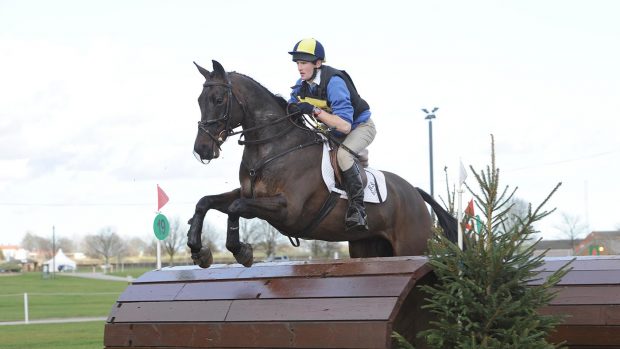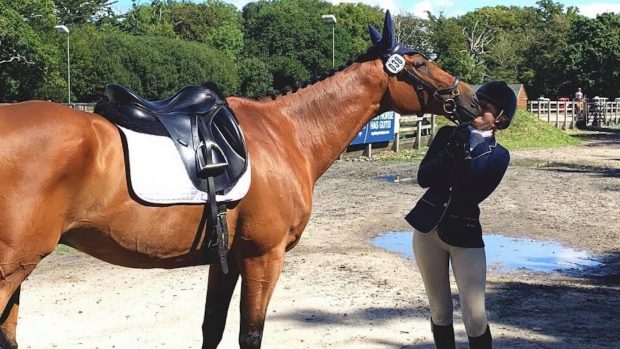Riders who are contemplating having their animal put to sleep because of headshaking are asked to donate their horse to researchers trying to find a cure for the condition.
Veronica Roberts of the University of Bristol’s vet school, is studying similarities between equine headshaking behaviour and human complaints like neuralgia.
She needs horses whose headshaking has been proven to be due to facial pain.
“I have limited funding, but it is enough for me to fund post mortems for five headshakers and five normal horses,” Veronica told H&H.
“I need three more headshakers, but they must have undergone a good veterinary investigation to show their headshaking is due to facial pain.”
The most common cause of neuralgia in humans is demyelination of the infraorbital nerve — where a nerve running through the face loses its insulation and becomes hypersensitive.
If this proves to be a cause of headshaking in horses, treatment for human sufferers could be adapted for equines.
“That is a long way down the line. First, I need to find out what is causing the facial pain — is it demyelination? — and why,” said Veronica.
If your think your horse fits Veronica’s profile, ask your vet to contact her at Veronica.Roberts@bristol.ac.uk
You will need to transport your horse to Bristol University for it to be put to sleep, but Veronica will pay your travel and euthanasia costs.
This news story was first published in the currrent issue of H&H (10 January 2013)




